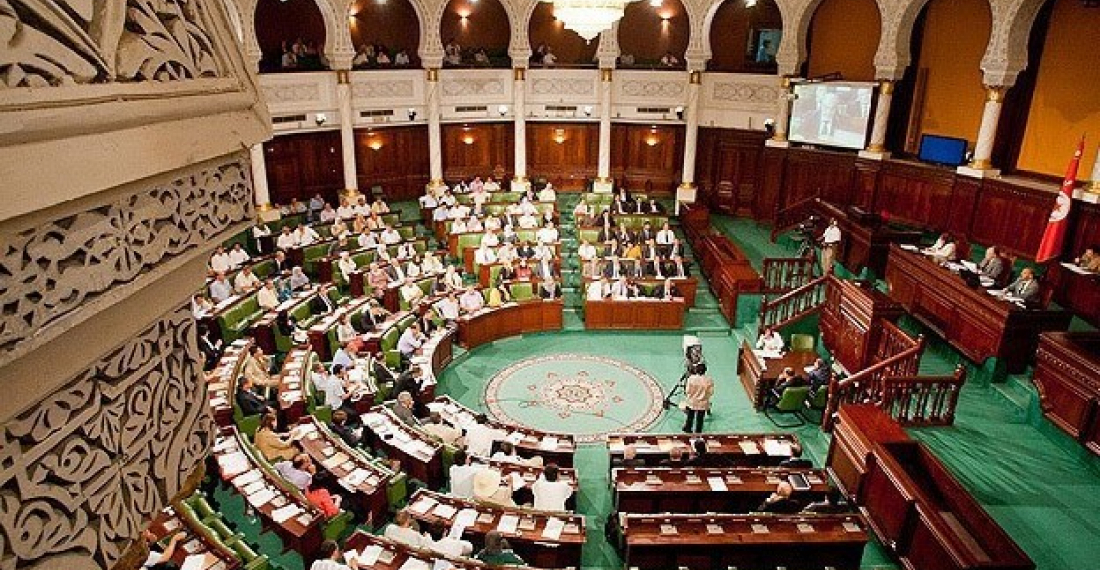Libya’s parliament, known as the House of Representatives (HoR), will hold an official session on Monday (24 May) in Tobruk. It has called members to attend the session which will discuss the 2021 budget and appointments for key state positions.
An earlier budget announced by prime minister Abdul Hamid Dbeibah had been rejected. The government then submitted an amended version on 2 May.
The main reasons for the rejection of the earlier plan were that the budget was too big for a government with a short term and with no strong monitoring mechanisms. Analysts claim that the rejections were also based on political reasons to pressure the choice of Dbeibah's deputy ministers.
The government justifies the big amounts by saying that it remains responsible for paying salaries and delivering services across all of Libya.
Appointments for state positions is another key issue to be discussed next week. While nomination lists have already been drawn up, there are concerns that certain parties could work to disrupt the new appointments or the upcoming elections if their preferred choices are not included in the list.
It is believed that the HoR will resolve the issue of state positions before approving the budget to ensure the monitoring of the government of national unity, and the unification of financial and regulatory institutions that remain divided to this day. Both of these issues are important to provide services, engage in reconstruction and maintain security in Libya.
On another note, the Libyan Political Dialogue Forum (LPDF) will hold a virtual meeting under the auspices of the UN mission to discuss possible ways to conduct political activity and the upcoming parliamentary elections.
Source: commonspace.eu with various sources.
Picture: View from the Libyan House of Representatives.







